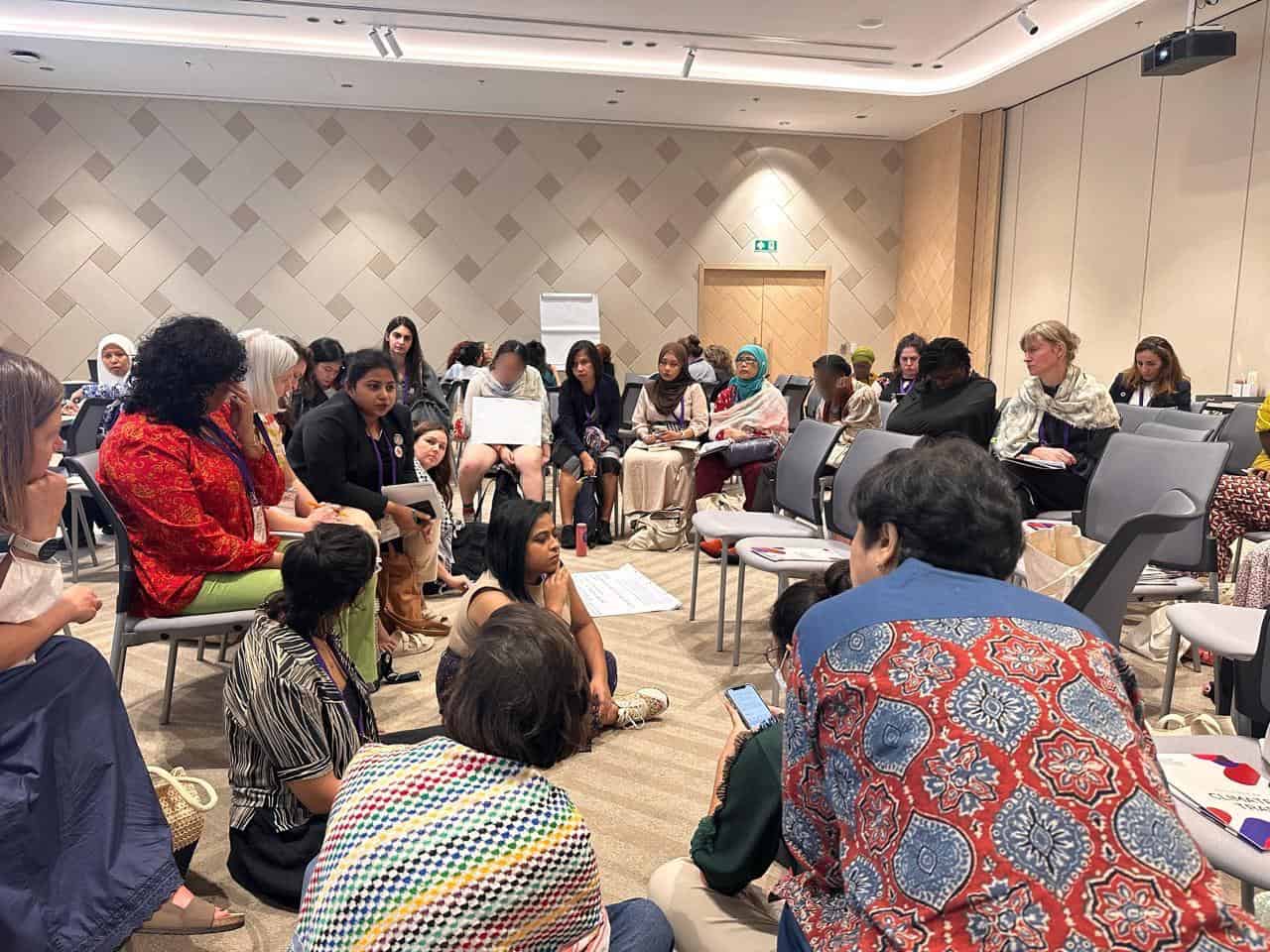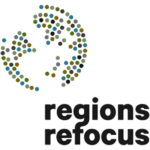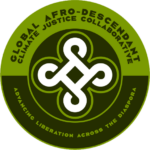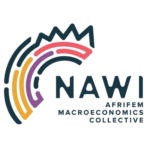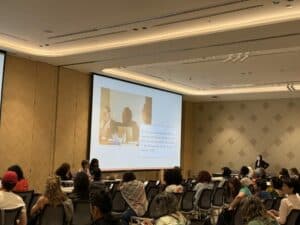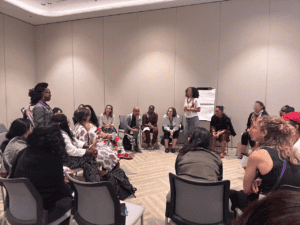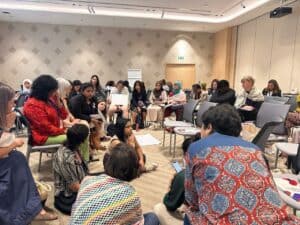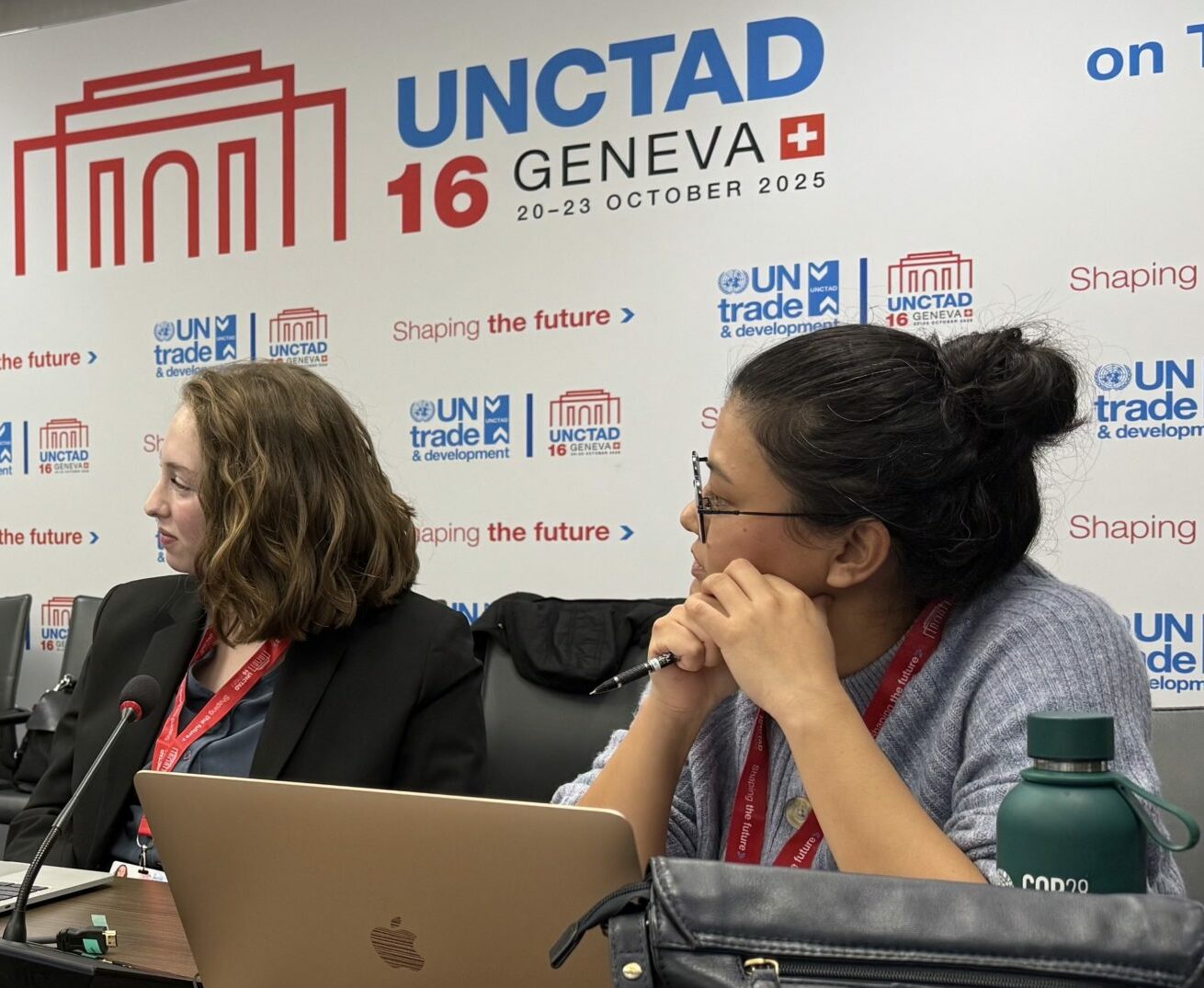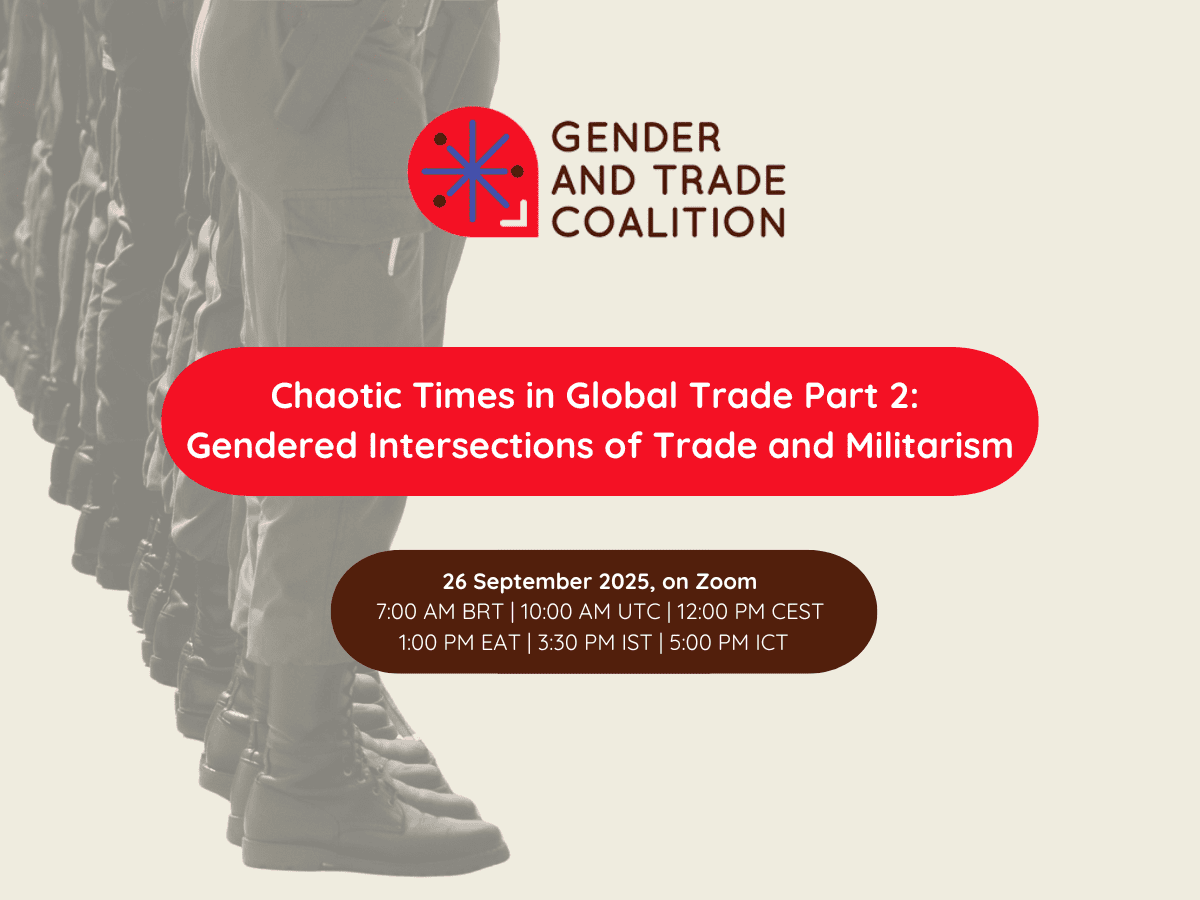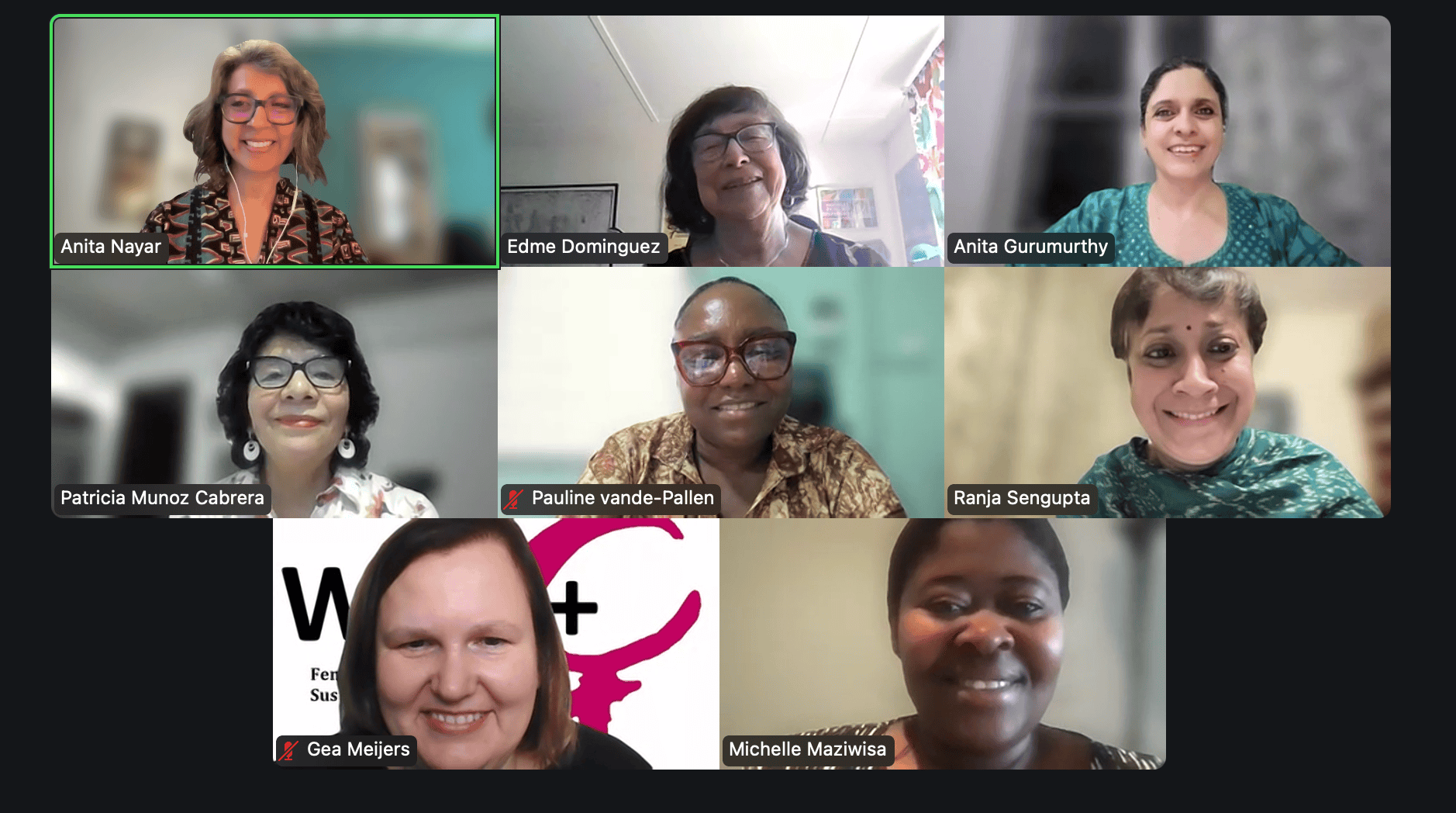The Gender and Trade Coalition (GTC) convened a participatory workshop titled “Building Feminist Alliances for Trade Justice: Towards Radical Economic Healing and Rebuilding” on 3 December, 2024 at the 15th International Association for Women’s Rights in Development (AWID) Forum in Bangkok, Thailand.
The purpose of the workshop was to introduce participants as to why trade is a feminist issue and build solidarity for feminist trade justice by connecting trade to key feminist issues including migration and climate.
The workshop began with a Herstory of the Gender and Trade Coalition, presented by Regions Refocus (Anita Nayar). Next, participants were given a brief presentation introducing the connections between gender and trade (Mariama Williams, Integrated Policy Research Institute). Following this brief introduction, FEMNET (Michelle Mazisiwa) encouraged participants to sort themselves into 3 breakout groups based on their interest: gender and trade; gender, migration, and trade; and gender, climate, and trade.
Each breakout group appointed one participant as a rapporteur and was facilitated by GTC members who are experts on the corresponding topics– several are also co-authors of the corresponding explainers. GTC members APWLD (Sanila Gurung) and Third World Network (Ranja Sengupta) facilitated the gender group; Women in Migration Network (Carol Barton) and Integrated Policy Research Institute (Mariama Williams) facilitated the migration group; and Regions Refocus (Erica Levenson) and Pacific Network on Globalisation (Maureen Penjueli) facilitated the climate group. Breakout groups began with kickoff presentations by facilitators and proceeded into group discussions in which participants shared the ways they have been impacted by trade, making connections to the issues raised by facilitators and suggesting solutions to these issues.
Once breakout group discussions finished, each group rapporteur reported a summary of the discussion to the closing session facilitators (Nicole Maloba, FEMNET, and Diyana Yahaya). The closing session facilitators then wrapped up the session with a call to action for participants to get involved in the GTC and use our explainers as tools in their work.
The workshop received unanimous positive feedback from participants, who appreciated the chance to learn about these issues and were eager to connect them to their own experiences and work.
